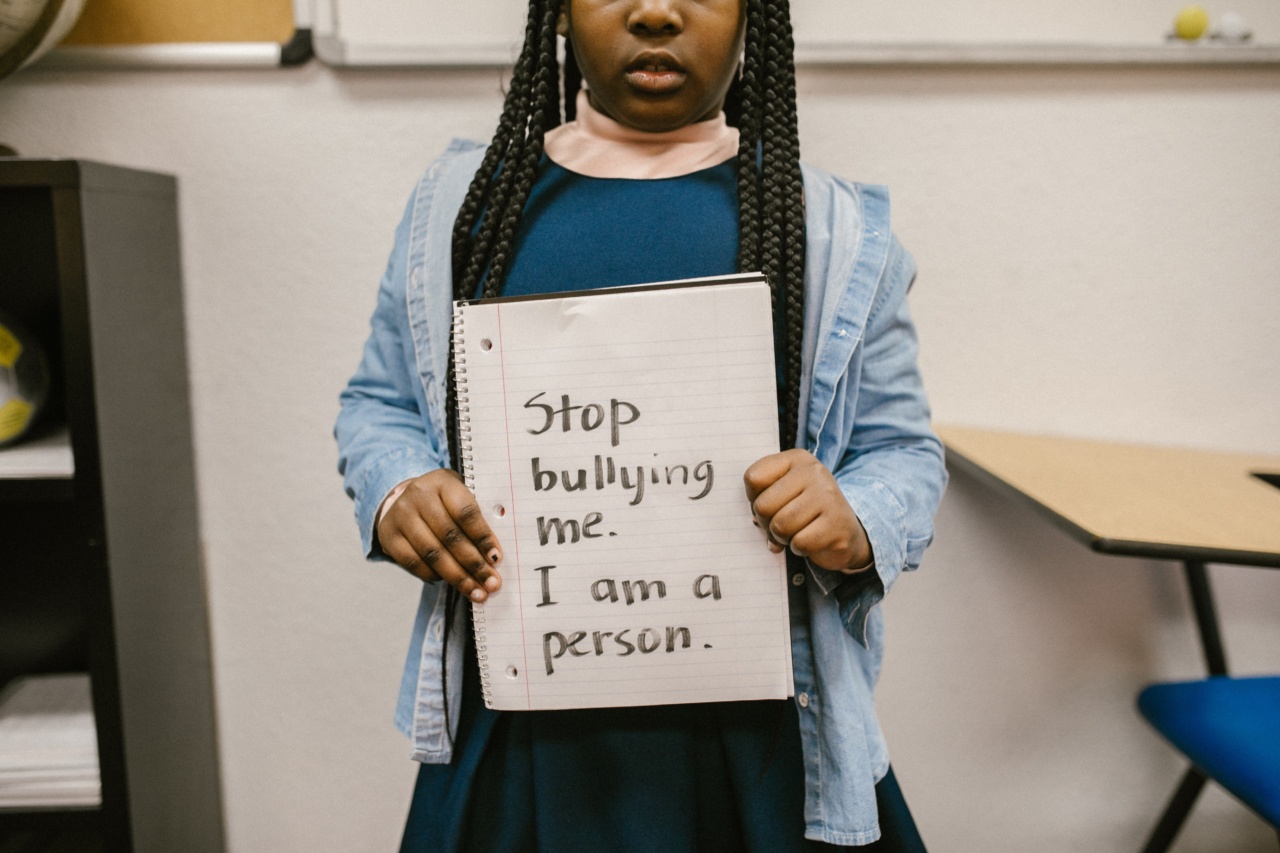As parents, we want to raise our children with love, care and respect. But in the heat of the moment, we may unknowingly say things that could hurt our children’s self-esteem and emotional well-being. Here are some things to never say to your kids.
1. “I wish I never had you”
This statement is emotionally damaging to a child. It can make them feel unloved and unworthy. It’s important to remember that children are not a burden, but a blessing, and they deserve to feel wanted and appreciated.
2. “You’re not good enough”
It’s essential to be supportive of our children’s pursuits and help them overcome challenges. Telling them they’re not good enough can crush their confidence and make them feel like they’ll never be successful.
Instead, encourage them to keep trying and remind them that everyone makes mistakes.
3. “Stop crying”
Crying is a natural emotion, and children should never be made to feel embarrassed or ashamed of crying.
Invalidating their feelings can make them feel like their emotions are not important, and they may not feel comfortable expressing themselves in the future.
4. “I’m disappointed in you”
It’s okay to be disappointed in a child’s behavior, but dismissing them as a person may result in them feeling like a failure.
Instead of saying you’re disappointed, try acknowledging the behavior, and encourage them to learn from their mistakes and do better in the future.
5. “You’re just like your [insert negative family member]”
Comparing a child to a negative family member can hurt their self-esteem and create tension and resentment in the family.
Children are individuals, and they should be able to develop their own personalities without feeling like they have to live up to someone else’s standards.
6. “You always/never ___”
Avoid using absolutes when speaking to your children, such as “always” or “never.” These statements are rarely accurate and can lead to your child feeling helpless or resentful.
Instead, communicate specific behaviors you want to change, and work with them on a plan to improve.
7. “I don’t have time for you”
Children need quality time with their parents to feel loved and valued. Saying you don’t have time for them can make them feel like they’re not important enough to spend time with.
Make an effort to set aside dedicated time for your children each day, even if it’s just a few minutes.
8. “You’re fat/ugly/stupid/etc.”
Body shaming and insults are never appropriate, and can cause long-lasting emotional damage. Children who feel insecure about these issues can carry these negative feelings into adulthood, which may lead to low self-esteem or even depression.
9. “Why can’t you be more like [insert sibling/friend]?”
Comparing your child to someone else can be hurtful and make them feel like they’re not good enough. Everyone has their unique strengths and weaknesses, and it’s important to encourage children to develop their skills at their own pace.
10. “I give up”
As parents, we may feel frustrated or overwhelmed at times. Saying “I give up” can make a child feel like they’ve failed or that you’re not invested in helping them succeed.
Instead, take a break, breathe, and come back with a fresh perspective. Remember that parenting is a learning process, and mistakes happen.
Conclusion
As parents, it’s our job to be supportive, loving, and nurturing. The way we speak to our children can have a long-lasting impact on their emotional and mental well-being.
Avoiding negative language and using positive reinforcement can help build children’s confidence, self-esteem, and trust. Remember that children learn by example, so be kind to yourself and your children.


























